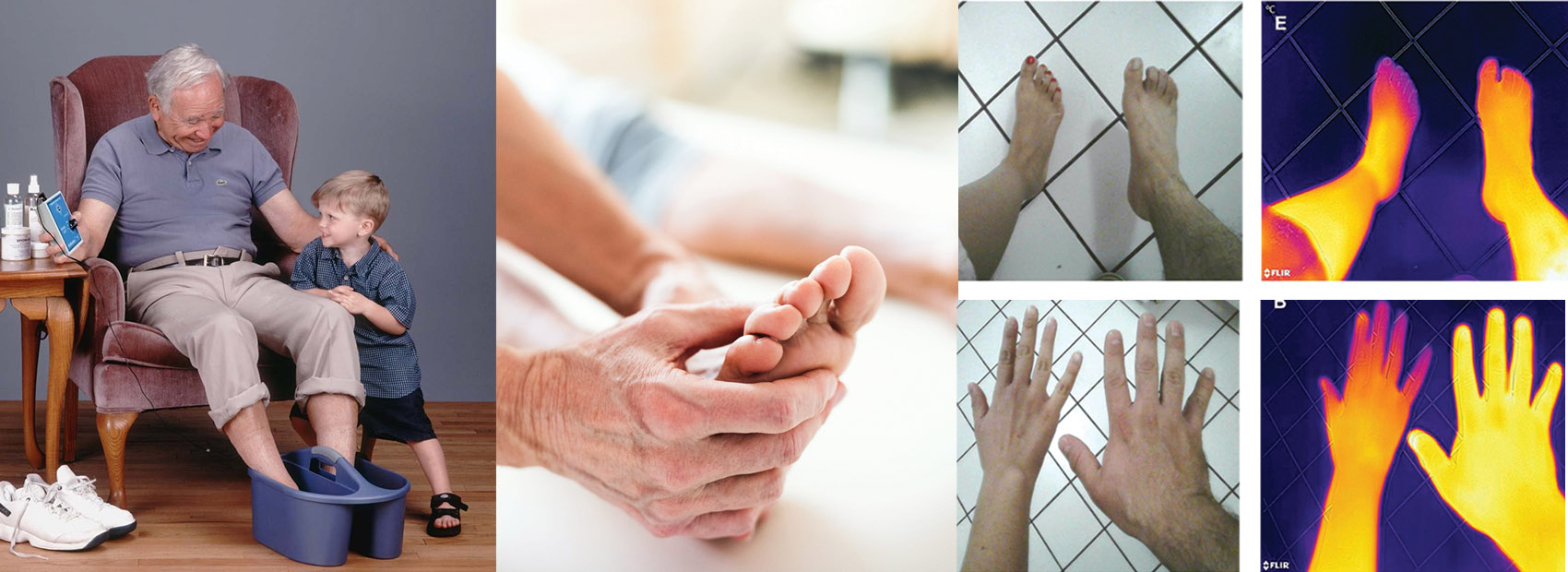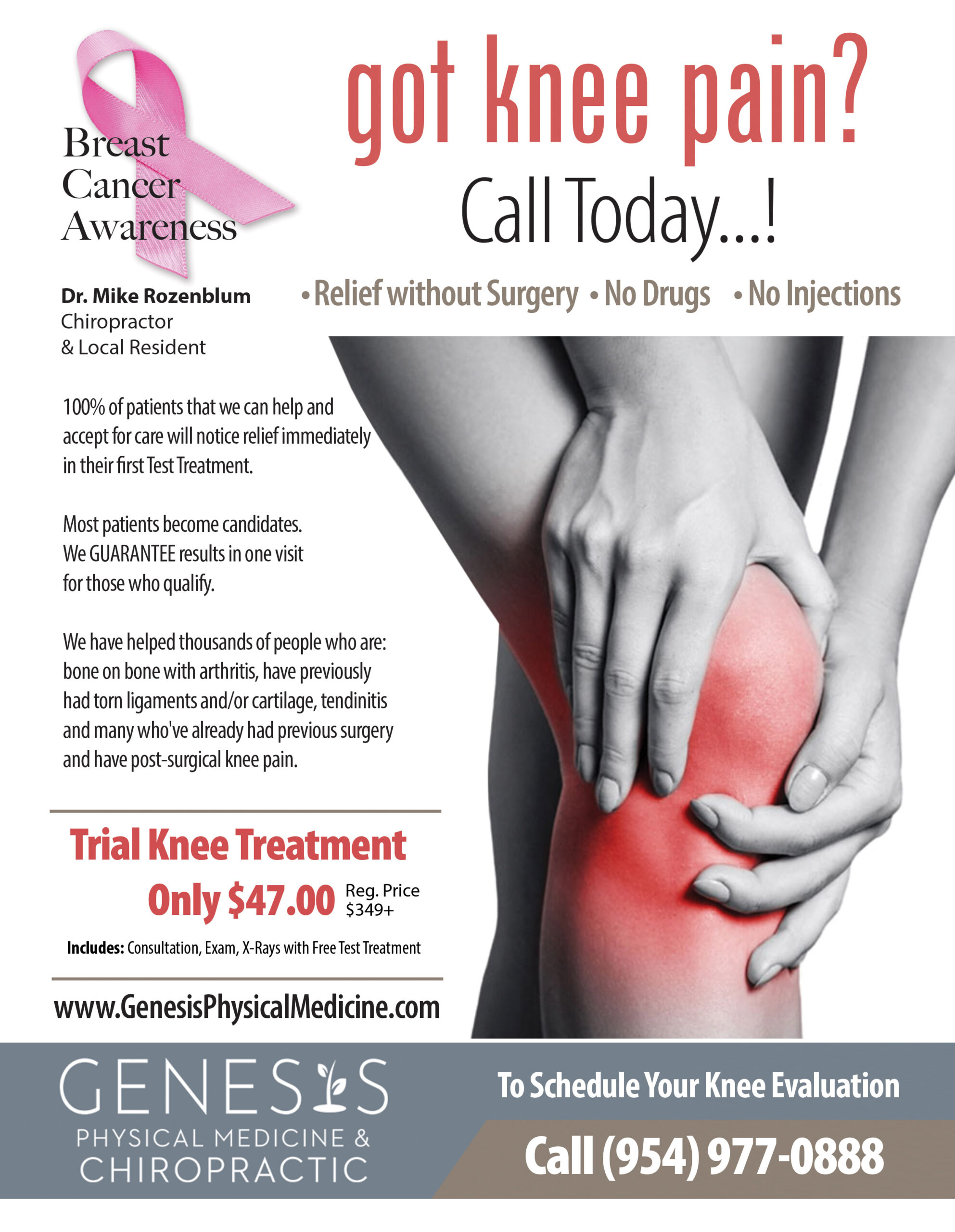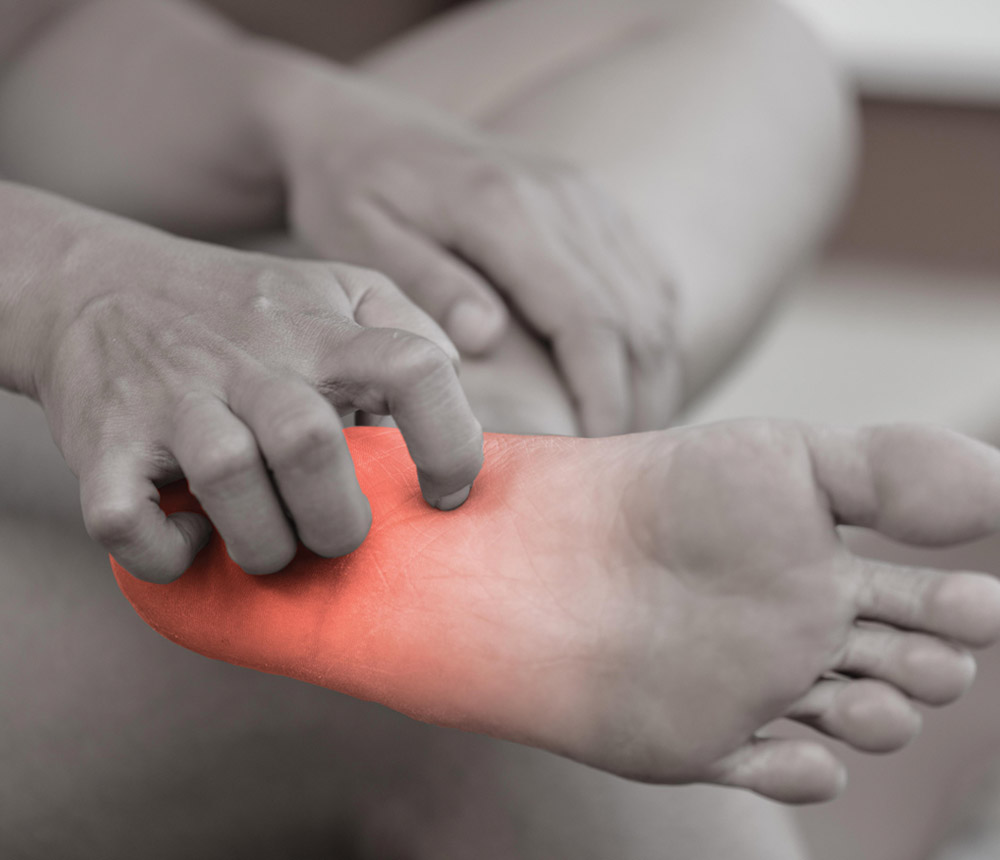Peripheral neuropathy, commonly affecting individuals with diabetes, refers to nerve damage that typically results in numbing, tingling “pins and needles,” muscle weakness, backpain and sometimes pain in the affected area.Read this page to know more about it.
Those suffering from peripheral neuropathy may notice that’s it’s not necessarily pain, rather the lack of pain or much sensation at all, which is concerning. “The vast majority of patients don’t have pain. They have numbness; they have an abnormal sensation,” says Dr. Rozenblum at Genesis Physical Medicine.
Treating a practically painless physical condition puts patients and pain management doctor on Queens blvd in a unique situation. Unfortunately, patients may allow the progressively degenerative condition to go untreated, which can lead to amputation. On the other hand, many physicians may not be equipped to perform the precise testing required to identify and diagnose this elusive ailment.
Genesis has introduced and extensively tested a treatment plan for individuals suffering from neuropathy, in which the first step is to conduct adequate testing.
“Our main test uses high capacity thermography scans in order to measure the temperature of the involved area,” says Dr. Rozenblum.
Such an assessment can effectively validate patients experiencing the cold feeling in their limbs that coincides with numbness and other abnormal sensations. “They actually are [colder]. There’s a temperature difference,” he adds.
Genesis also utilizes a neural electrical device to quantify how much loss of sensation there is. This technique works by first establishing a normal on an area of the body that is not experiencing sensory issues and then comparing it to the affected area, for example, the bottom of the feet.
This approach asse-sses the nerve where it begins, at the root level, and where it ends, at the feet or hands, making it the first of its kind. Based on Dr. Rozenblum’s findings during the consultation, he will determine whether the patient is a candidate for Genesis’ peripheral neuropathy therapy program.
The innovative program consists of non-invasive therapies, moving beyond ineffective drugs and surgeries. Patients can expect in-office treatment supplemented by at-home therapy, in which special equipment, daily creams, and nutritional guidance are provided.
“People start to experience results within a couple of weeks,” exclaims Dr. Rozenblum.
Success with this treatment looks like restoring normal sensation and improving circulation, which can be defined as at least 50% improvement. Out of those who pursue treatment at Genesis, an astonishing 85% find such success.
“The goal is to have tools available so that you can combat the effects of this progressively degenerative condition,” he says. By providing patients with equipment to use from the comfort of their own homes, the at-home component of Genesis’ therapy can be continued as needed for years to come.
Peripheral neuropathy can be challenging to treat and does not have a known cure. However, Dr. Rozenblum and the staff at Genesis Physical Medicine are confident in their ability to significantly improve symptoms and encourage anyone suffering from such abnormal sensations to schedule a consultation.
For only $77, Genesis Physical Medicine offers a consultation that includes a comprehensive physical exam. Genesis’ peripheral neuropathy therapy is not covered by insurance.
Visit genesisphysicalmedicine.com or call (954) 977-0888 to learn more and schedule your consultation.



